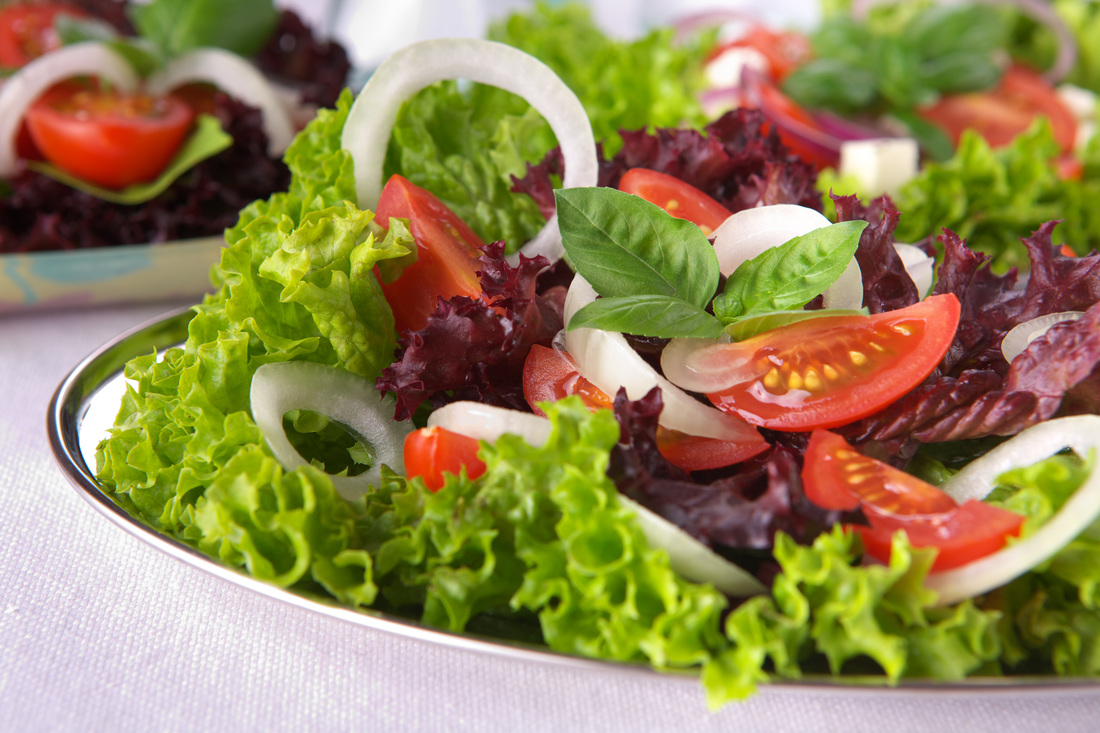|
The report, created with a team of dietitians, took four years to complete and makes the case for eating unprocessed foods including vegetables, fruits, whole grains, legumes, dairy products, seafood and nuts; small amounts of red and processed meat; and even smaller amounts of sugary drinks and refined grains (like white bread).
Also read, Pew: Tuna Contributes at Least $42.2 Billion Annually to Global Economy. “There’s tremendous public interest right now because there is a great sense that whatever we’ve been doing for the past 30 years has somehow missed the mark,” Dr. Jennifer Blake, CEO of the Society of Obstetricians and Gynaecologists of Canada, told Postmedia during the group’s national scientific meeting in Vancouver this week. Doctors typically have meagre training — if any — in nutrition and it has become clear that not advising patients about the need for exercise and good food has contributed to a crisis: 46 per cent of women and 62 per cent of men were overweight or obese in 2014, according to Statistics Canada. “The health of the mother during her pregnancy has lifelong implications for the health of her as-yet-unborn child. If we are going to make a meaningful intervention to prevent the onset of obesity and diabetes, the place to start is pre-conception and the time to double down our efforts is during pregnancy,” says Blake. “We also get into nutrition for menopause because many things can change at this time of life and women’s life spans are getting longer and good health is critically important. “We see many conditions where diet and exercise are better than any medicine,” she says. “Medicines are nowhere near as important as the things that we can do for ourselves.” The guidelines also tackle some of the social conditions that can promote over-eating, advising group or family meals whenever possible. Principal author, University of Toronto professor in nutritional sciences Deborah O’Connor, says doctors have been reluctant to broach the topic because it’s not their specialty. “They’re not sure what is fact and what is fiction, so having a tool in one place is very helpful to them.” The authors also hope to make people think about the wider issues surrounding food and its availability. Immigrants and vulnerable women living in poverty need reliable access to healthy ingredients not cheap junk food, O’Connor says. And most First Nations women are better off eating traditional meat and fish from the land and water — when possible — rather than expensive processed food. “Every available piece of evidence suggests that consuming traditional foods provides far better nutrition than adopting the Western lifestyle of foods.” The nutritional guidelines are available to health professionals and patients alike, with exhaustive links to references and background material. Other highlights include:
The guidelines will be published in the Journal of Obstetrics and Gynaecology Canada and are available online now. Source Erin Ellis, Vancouver Sun
2 Comments
5/19/2020 07:15:20 am
wow, great article.<a href="https://www.makeoverarena.com/waptrick-com/"> Amazing contents</a>. I have some more amazing stories you can get. Please do check on my article via the link below:
Reply
Leave a Reply. |
Advertisement
News & Updates
Stay informed with the latest news around foodservice, agriculture and other related food news. Advertisement Opportunities
|


 RSS Feed
RSS Feed


